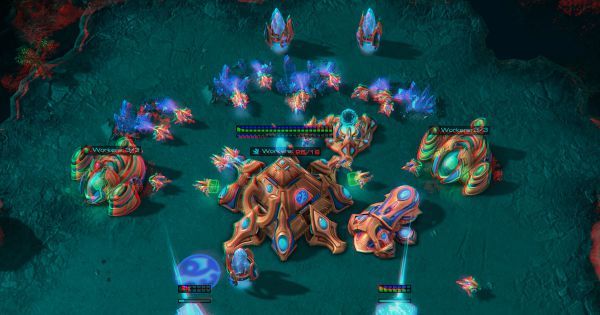Scientists from The University of Manchester have found a way to trick the eye into thinking the world is brighter than it actually is.


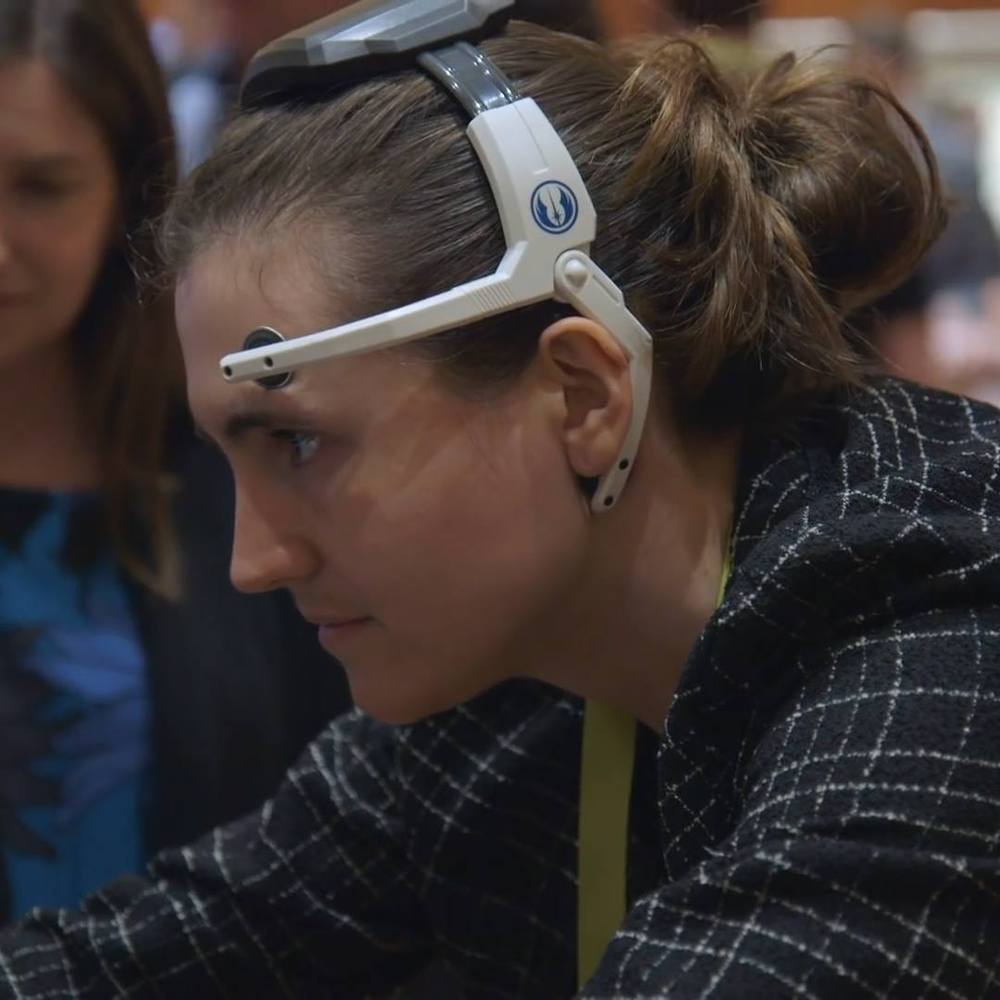
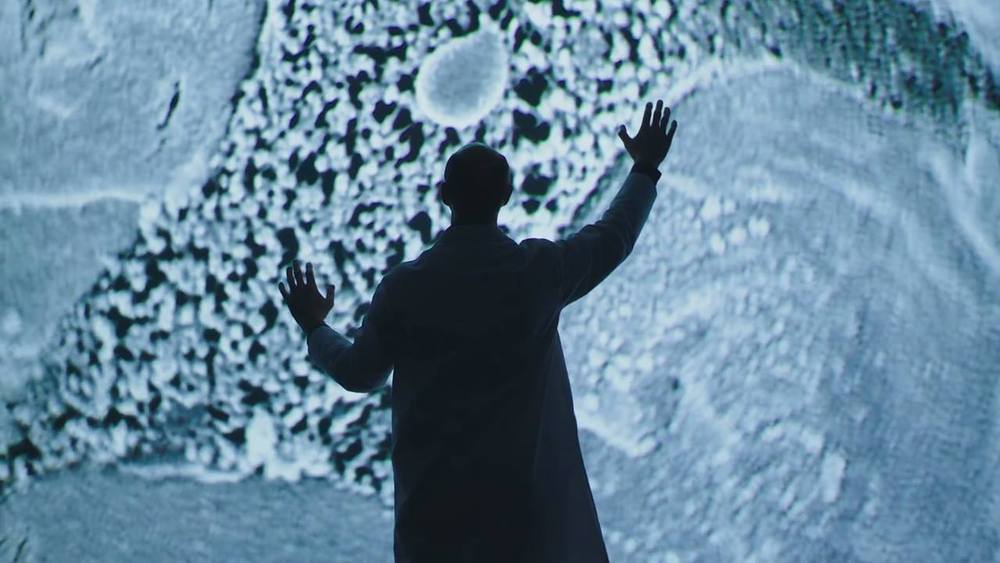

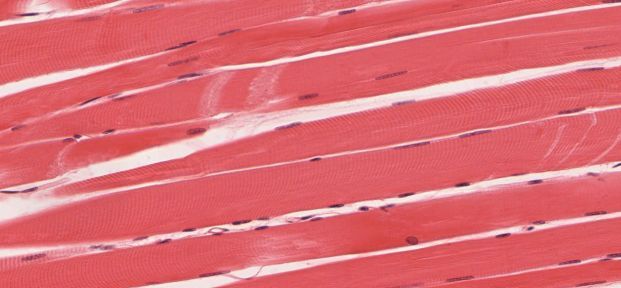
The old adage “use it or lose it” tells us: if you stop using your muscles, they’ll shrink. Until recently, scientists thought this meant that nuclei—the cell control centers that build and maintain muscle fibers—are also lost to sloth.
But according to a review published in Frontiers in Physiology, modern lab techniques now allow us to see that nuclei gained during training persist even when muscle cells shrink due to disuse or start to break down. These residual ‘myonuclei’ allow more and faster growth when muscles are retrained—suggesting that we can “bank” muscle growth potential in our teens to prevent frailty in old age. It also suggests that athletes who cheat and grow their muscles with steroids may go undetected.
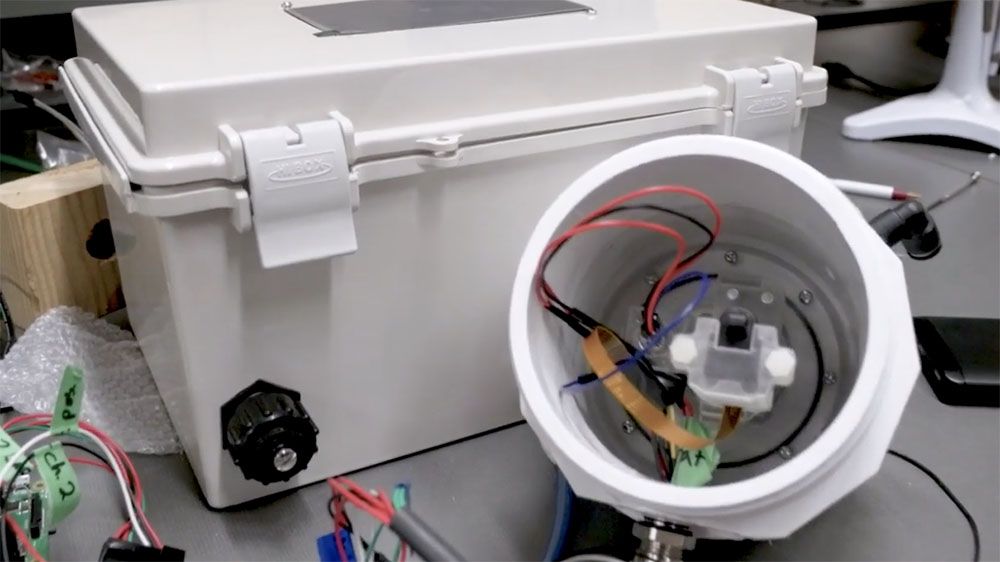
Having a good sense of smell can help protect us from danger. Unfortunately though, humans don’t always have an efficient response to odors. However, a group of researchers aim to change that: They’ve created an “artificial nose” device that can quickly detect ammonia, gas, and sewage.
Researchers at the University of British Columbia’s Okanagan campus developed a microfluidic gas detector, which can sense most odors, including noxious substances, said a UBC Okanagan press release. The team, which published their findings in Nature Scientific Reports on Jan. 17, found that this device might be helpful in detecting fumes that aren’t easily noticed by humans.
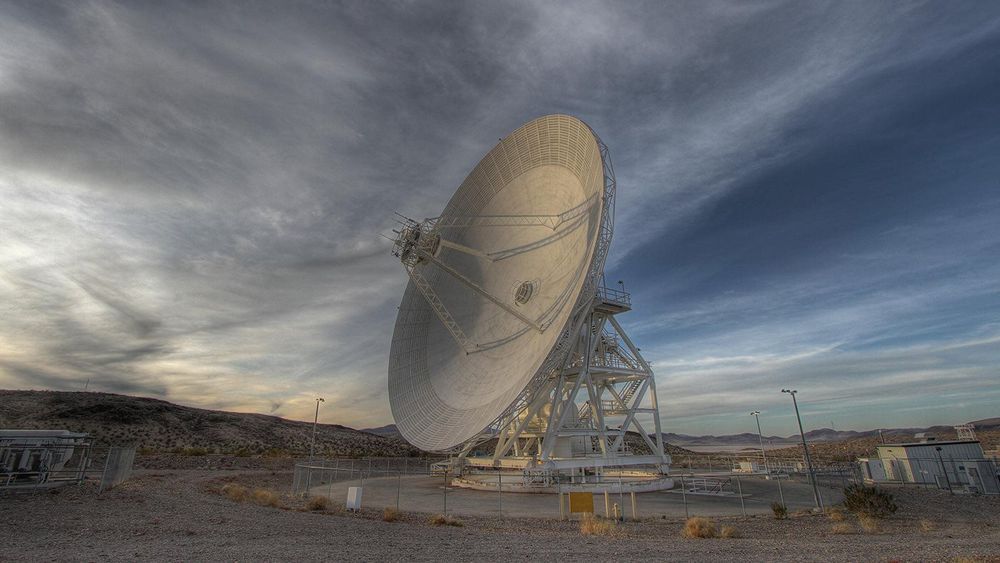

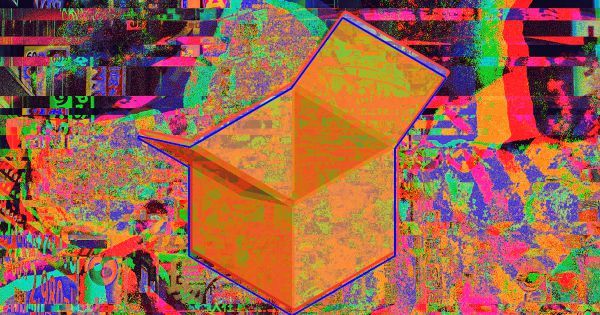
Many of the new developments in artificial intelligence that we hear about nowadays are actually just applications of machine learning techniques that have been hammered out for years.
And as the research community’s attention shifts from deep learning, it remains unclear what will take its place, according to MIT Tech. In the past, older types of artificial intelligence that didn’t really take off when they were first developed later resurfaced and taken off with new life. For instance, scientists first developed machine learning decades ago, but it only became commonplace about a decade ago.
MIT Tech didn’t predict what will come next. It may be that some form of existing technology will finally hits its stride, but it’s also possible that an AI engineer will develop some brand-new type of AI that’ll shape the future.
